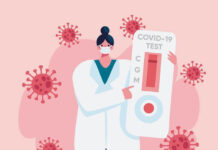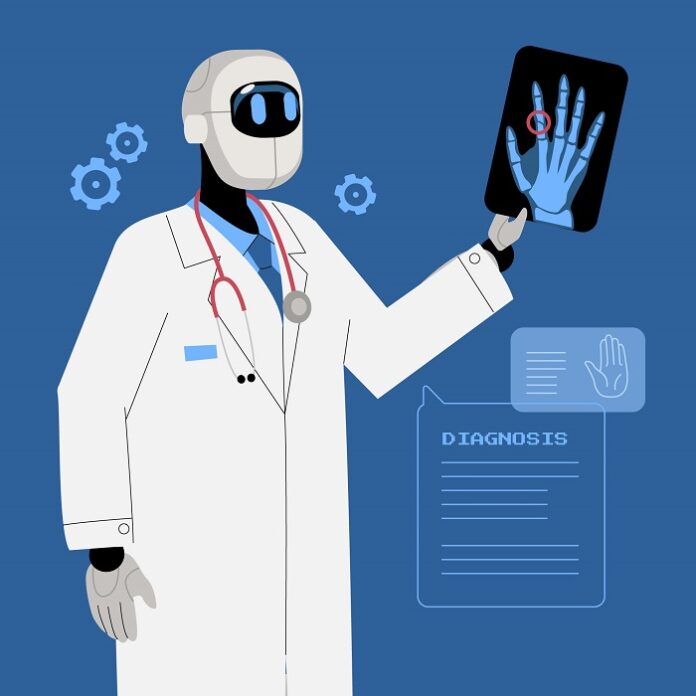Artificial intelligence is rapidly transforming healthcare in China, where researchers at Tsinghua University’s Institute for AI Industry Research (AIR) have launched a groundbreaking project: the “Agent Hospital.” This AI-powered facility features 42 virtual doctors spread across 21 medical departments, all driven by intelligent agents built on large language models (LLMs).
A Fully Simulated Healthcare Ecosystem
At the core of Agent Hospital lies an end-to-end simulation of the entire patient journey. These AI doctors and nurses autonomously manage pre-hospital, in-hospital, and post-hospital stages, covering everything from illness onset and triage to diagnosis, treatment, rehabilitation, and follow-up. The LLM-based system enables natural, autonomous communication between AI-driven medical staff and virtual patients.
High-Speed, High-Volume Diagnoses
As reported by indy100, the virtual doctors demonstrate a remarkable diagnostic capacity. Within just a few days, they diagnosed over 10,000 virtual patients—a task that would take a human doctor approximately two years, assuming an average of 100 patients per week. On the MedQA dataset, which focuses on respiratory diseases, the AI doctors achieved an impressive accuracy rate of 93.06%.
Learning, Evolving, and Improving
These AI agents don’t just follow rules—they learn from experience. By analyzing vast volumes of medical literature and real-time case data, they continually refine their decision-making processes. The goal, according to researchers, is to develop AI doctors who can mimic clinical reasoning and adapt over time, just like their human counterparts.
Collaboration with Human Experts is Crucial
Despite the promise, researchers are proceeding cautiously. As Liu Yan, the project’s lead researcher, explained to Global Times, the team must ensure compliance with national medical regulations. They are exploring optimal ways for AI and human doctors to collaborate, emphasizing technological maturity and ethical standards before deploying the system in real-world clinical settings.
Looking Ahead: Real-World Application in Sight
As the technology advances, the Tsinghua team is working to expand the range of diseases the AI doctors can manage. Liu Yan believes the system is nearly ready for practical application, potentially transforming healthcare by reducing workload, improving efficiency, and increasing access to care for millions.
A Glimpse Into the Future of Medicine
With Agent Hospital, China is leading the way in reimagining patient care through AI. As this technology matures, it could redefine the roles of doctors and drastically improve healthcare delivery. It may also spark global conversations on the ethics, safety, and limitations of AI in medicine.
























